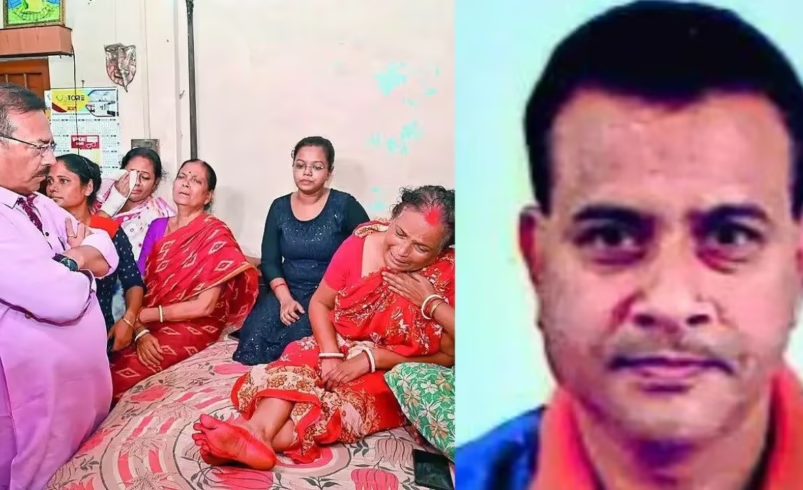Kolkata Man’s Suicide Linked to NRC and SIR Anxiety
- August 4, 2025
- 0

A 63-year-old man named Dilip Kumar Saha was discovered dead in his Kolkata home, with his family attributing his death to severe anxiety over the National Register of Citizens (NRC) and the State Identification Register (SIR). Saha, who migrated from Bangladesh to Bengal in 1972, had been increasingly worried about the implications of these government policies on his residency status.
Saha’s family claims that his anxiety was primarily driven by fears of deportation. They allege that the stress of potentially being sent back to Bangladesh, despite having lived in India for decades, became unbearable for him. This fear was reportedly exacerbated by ongoing discussions and uncertainties surrounding the NRC and SIR processes, which aim to identify and register citizens.
The NRC and SIR have been contentious topics in India, particularly affecting those who migrated from neighboring countries. These policies are intended to verify citizenship but have sparked widespread concern among migrants who fear being labeled as illegal residents. The anxiety surrounding these measures has led to numerous protests and debates across the country.
The local community in Kolkata has expressed shock and sadness over Saha’s death. Many residents share similar concerns about the NRC and SIR, fearing the potential consequences for themselves and their families. This incident highlights the broader implications of these policies on mental health and community stability.
In light of this tragedy, there are growing calls for a review of the NRC and SIR processes to ensure they are implemented fairly and humanely. Advocates urge the government to consider the psychological impact on individuals like Saha, who have lived in India for many years but now face uncertainty about their future.